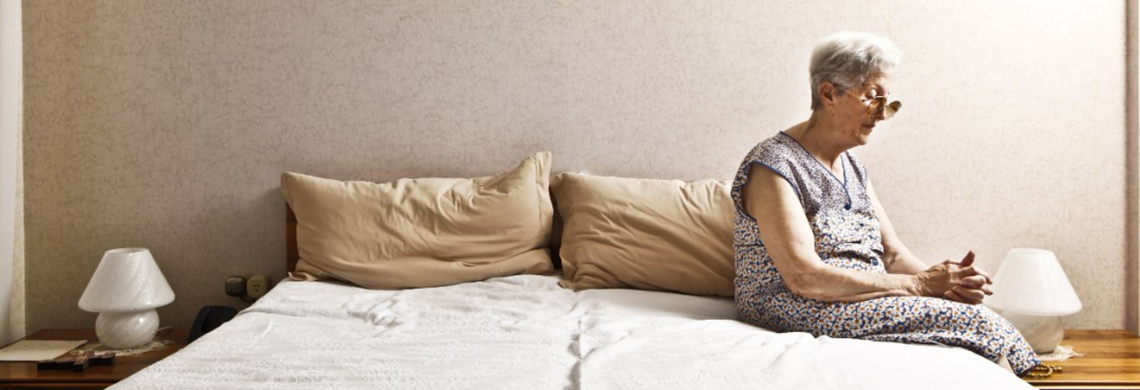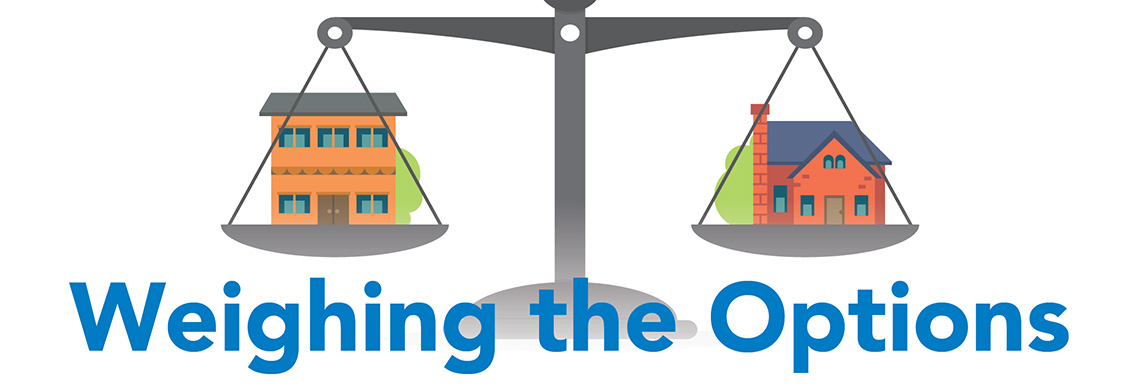Recently you have started to notice that your elderly parents aren’t going to their scheduled appointments and you have been to their home and the upkeep isn’t what it used to be. There are items all over the place, dishes not done, and plenty of tripping hazards. You’ve made the suggestion in the past that it was it was time for them to get additional care but they are still refusing. They still feel young and healthy and will not admit that they need the extra help. So what do you do? We have asked home care experts for some tips on how to ease them into additional help around the house.
Understand How Scary Aging Can Be
It’s hard for children to watch their elderly parents grow old, but it’s even harder for your parents to accept that they are no longer able to do things that were once easy to do. The simplest of tasks may take your loved one longer to accomplish. Which becomes very stressful and frustrating and they just feel like no one understands what they are dealing with. Be compassionate when discussing how things aren’t what they used to be in the home. By bringing it up in a negative way can be even more hurtful to your loved one, because you are reminding them of the things they can no longer do, which they already know.
The Good, The Bad and The Ugly Times
A lot of times your elderly parent will scream and shout and deny that they will ever need home care help. As they continue to have too much pride it can become harmful in your relationship. You understand they need home care, and deep down they know they need help as well, but pride just gets in the way. Just because there are emotional outbursts you should never give up on trying to get additional help with home care. Your loved one will come around when they are able to make the choice for themselves and not feel it is being forced on them like a child. So let them express their frustrations and feelings towards additional care. You will be able to find a happy ground once you find out what scares them the most about having care, it might not just be getting older.
Future Health Concerns
Talking with your loved one about your concerns are a great conversation starter to getting additional help with senior home care. Your parents don’t want you to worry about them, by letting them know that you are scared for their well being will help to establish more trust when it comes to their future health concerns. Let them know that senior home care can help will all types of services to allow them to age in place longer. This can include establishing fall hazards, doing various cleaning errands around the house, or even transportation. Home care is effective for being proactive with any health concerns and your provider can report back to your doctor, this will help to establish an even more personalized care plan to help them to stay in their home even longer.
Get Expert Advice
Many times, people don’t believe the things their children tell them. They want to here is directly from the source. Which means you may need to call in the experts. Having a physician suggest home care could be very beneficial. They will be able to explain the positive impact it can have on their life, especially if their long-term plan is to remain at home. You can always ask your elderly parent’s friends and see if they are currently using senior home care services. If they are currently having someone help them out in their home, your aging parent may be more comfortable and open to the conversation because they have someone they know and trust already receiving care. You could always ask your parents friend if your elderly parent can join them for a day to see what home care can help in their own home.
How Senior Home Care Really Works
It’s important to remember that when you are starting the conversation with your loved one they must feel that they are able to continue to keep their independence. They need to make the choice, so by expressing your concern as a loved one and letting them know that you want them to remain in their home for as long as possible and this can be done with a little additional help from home care. At the end of the day, your loved one knows that you just want the best for them.


















